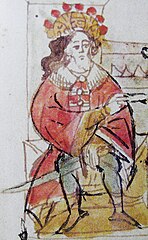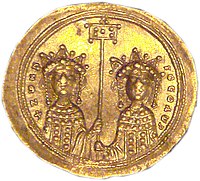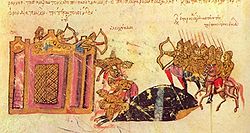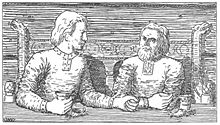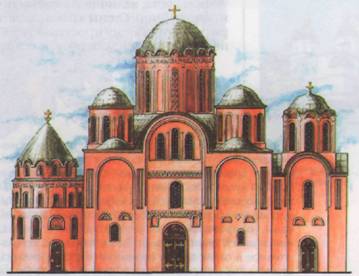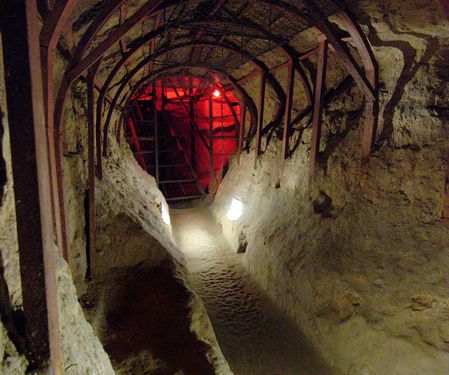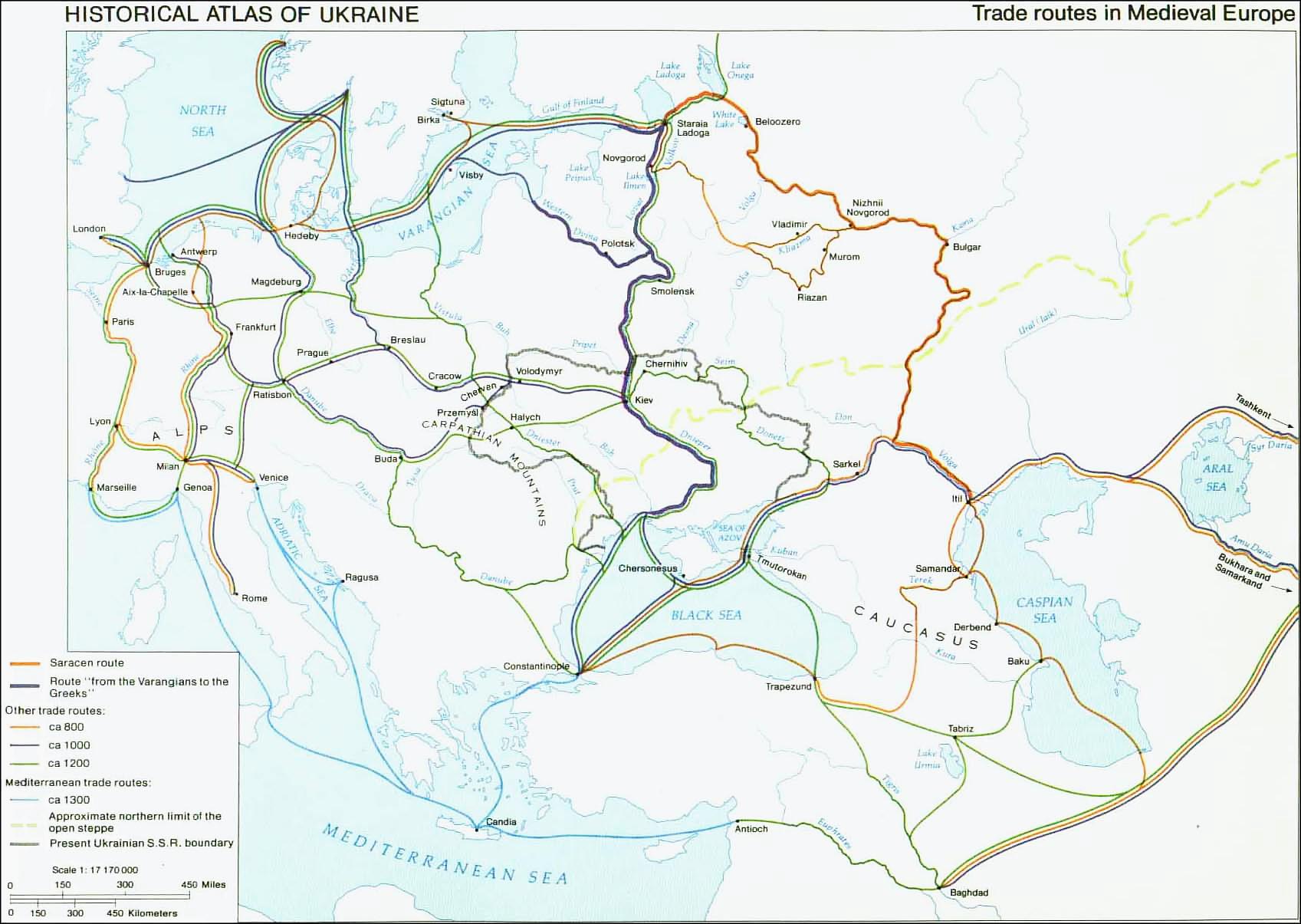Yes, it's seems the logic way.But I think that sainthood of protoplasts of current kings (Dobrawa was one of Premyslid so it would appeal to Czechs too) would give additional prestige to both dynasty and the country.
It's seems, was some struggle between these cities.Possible but I would also see it as a coronation town (equivalent of Reims in France) with Poznań as an actual capital city. Poznań has much better position and possibilities to development.
Mieshko in TTL can live longer in Poznan, as he fought with the Empire. And Kasimir can moved the capital not to Krakow, but to Poznan.
I looked for the information too.I tried to find some more information. I found that Bezprym was originally prepared to monastic life... in the period 1061-1071 certain Lambert Suła was bishop of Krakow
First bishop was Poppon, next - Gompon, but maybe, he was one. Then, he was the bishop in 1000-1018.
Next - Lambert I, 1019-1030. There is a version, that he was the brother of Boleslav. Not too popular version, yes, but...
Next - in OTL Rachelin (1030-1046), in TTL he is Otto, the brother of Mieshko (1030 - ?)
Next - in OTL Aaron (1046-1059), I want "sent" him to Rus' as the archbishop. Or he can be archbishop in Gnezno.
So, Otto should live in TTL until 1059, or he died some earlier, and then Lambert Sula became the bishop earlier. Casimir died in 1058, Otto, it's seems, could died in... e.g., 1051.
Lambert was the bishop in 1061/(1051)-1071.
So, in TTL we have Piasts as bishops of Krakow in 1019-1071, and 2 of them were brothers of kings.
But the problem is - Wladyslav was only 26 years old in 1071.
And prove me if I'm wrong but I have impression that in OTL Russians/Ruthenians thought that the writing is something that could be used by common folk and not only educated elites - thanks to the viking heritage and runes. If this attitude comes to Poland it would really change the development of Polish culture and hasten it much.
I'm never heard this earlier
I'm not sure, but, maybe, it's from the Chronicle too. In 1037 it writes: "Yaroslav gathered many writers, and they translated from Greek to Slav language. They rewrote and gathered many books."
Sviatopolk could do by same way, only his writers translate from Latin.
And in TTL books will be written by "Illarionitca".
